Ricochet is the best place on the internet to discuss the issues of the day, either through commenting on posts or writing your own for our active and dynamic community in a fully moderated environment. In addition, the Ricochet Audio Network offers over 50 original podcasts with new episodes released every day.
 Today in Turkey: A Wilderness of Mirrors
Today in Turkey: A Wilderness of Mirrors
I doubt the latest developments in the Sledgehammer case are making the headlines in America. It’s never going to be a popular story outside of Turkey; it’s just too confusing. But that doesn’t mean it’s not important.
The Sledgehammer case is part of the larger Ergenekon investigation, which I’ve tried my best to explain here:
If you’re trying to make sense of this, remember that Turkish politics are like the adage about the Arabic lexicon: any given word may mean a thing, its opposite, or a camel. If that doesn’t make sense, don’t worry. Neither does Ergenekon.
The drama began in June 2008 when police discovered a crate of grenades in an Istanbul slum. Investigators claimed they belonged to a hydra-headed clique of ultranationalist conspirators named after a legend about the original pan-Turkish paradise. (Think Camelot.) Ergenekon, allegedly, was plotting a series of terrorist attacks throughout Turkey. They planned to use the ensuing chaos as a pretext to stage a coup and depose the governing AKP. Wave after wave of pre-dawn arrests followed.
The AKP’s supporters claim that Ergenekon — apparently in cooperation with every terrorist group known to man — was behind a series of bombings previously credited to the PKK, the assassination of the journalist Hrant Dink, a shooting at the Council of State, a grenade attack on a left-wing newspaper, and several recent headline-grabbing attacks on priests. For their next act, they say, Ergenekon planned to assassinate the prime minister and murder the Nobel Laureate Orhan Pamuk.
So who, puzzled observers may be wondering, are the real conspirators here?
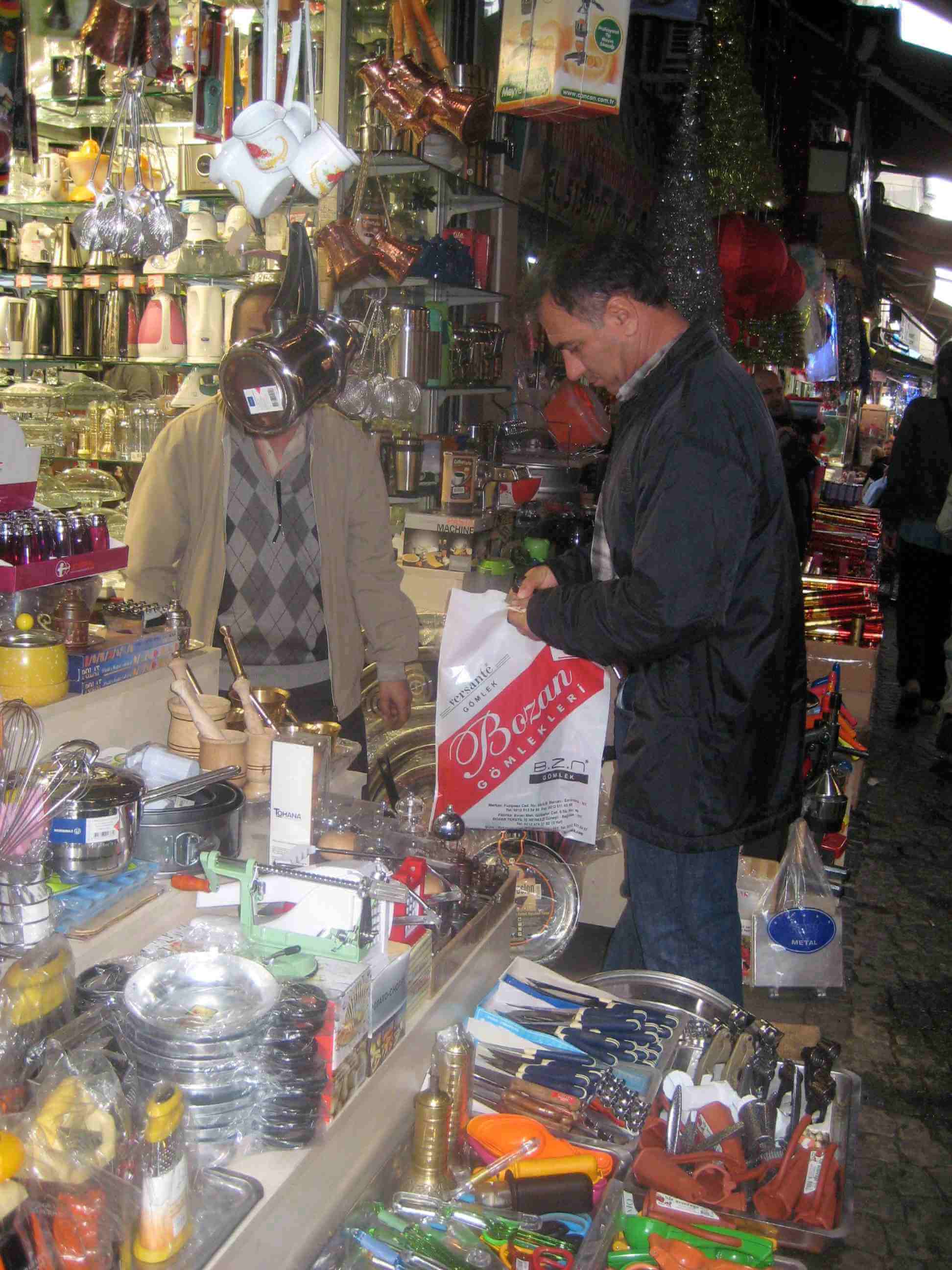 No one outside of Turkey, and few in Turkey, would have time to consider all the evidence in this case: The indictment itself is 2,455 pages long. I freely admit I haven’t read the whole thing, so my own judgments on the case are necessarily tentative.
No one outside of Turkey, and few in Turkey, would have time to consider all the evidence in this case: The indictment itself is 2,455 pages long. I freely admit I haven’t read the whole thing, so my own judgments on the case are necessarily tentative.
There are two ways of looking at Ergenekon. In the first, it represents an important step forward for Turkey: At last, say supporters, the government has taken on the occult forces of Turkey’s so-called Deep State. It is, they say, is analogous to Italy’s Clean Hands operation in the ’90s.
No, say detractors. It is nothing of the sort: It is an excuse for the government to arrest and bully the opposition.
The way you view this case will to a large extent determine the way you view the AKP. And while the case is deeply confusing, some parts of it are easier to understand than you’d think–it’s a matter of looking at the images until the details come into focus.
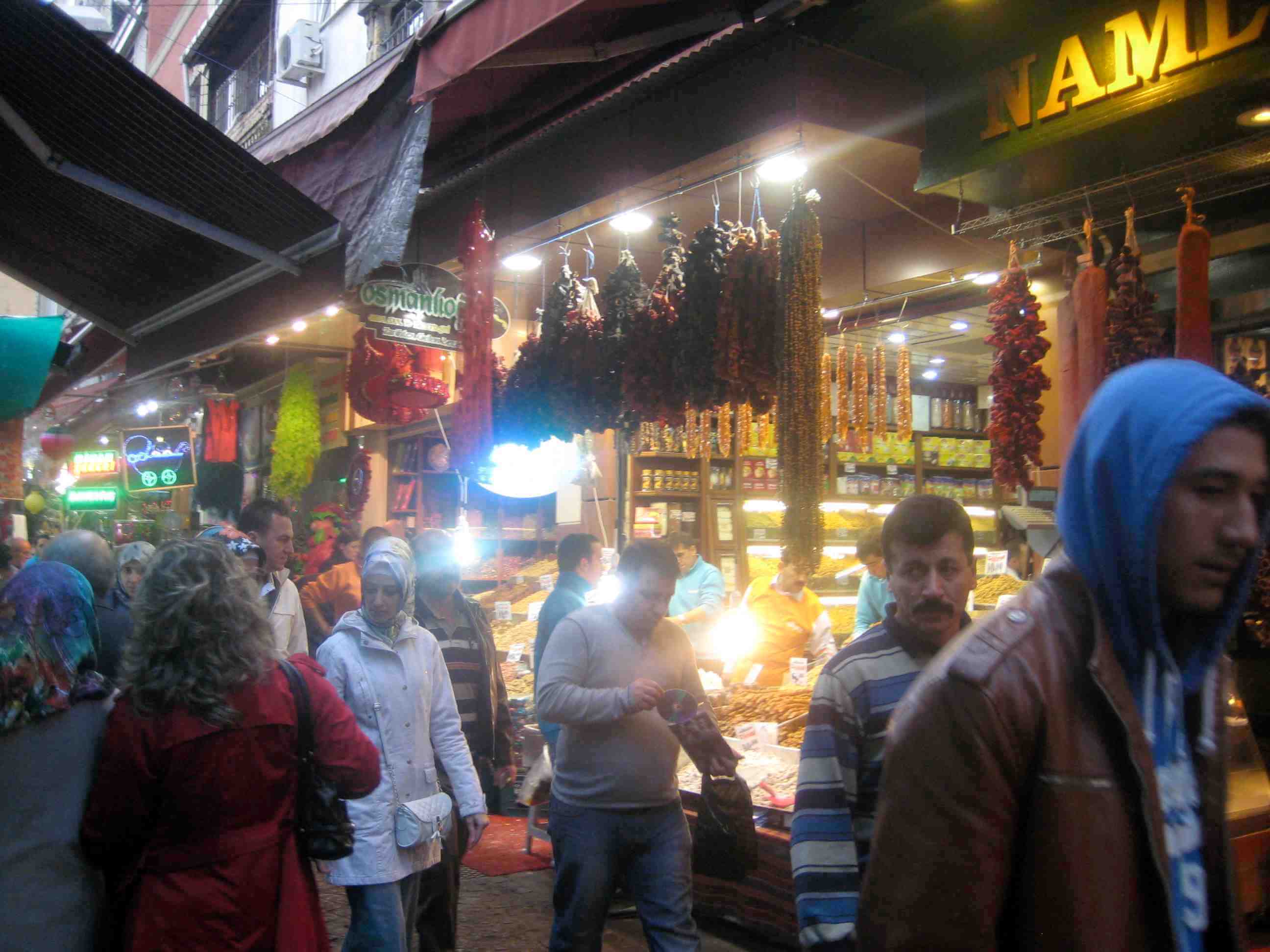 The evidence assembled by Dani Rodrik, for example, is easy to follow. He’s clearly not impartial. His father-in-law is on trial. But no amount of family loyalty can make a company that didn’t exist in 2003 exist, retrospectively. What Rodrik is saying is a fact: The Sledgehammer case relies largely upon a document that was supposedly written in 2003. It makes reference to a company that only came into existence in 2008.
The evidence assembled by Dani Rodrik, for example, is easy to follow. He’s clearly not impartial. His father-in-law is on trial. But no amount of family loyalty can make a company that didn’t exist in 2003 exist, retrospectively. What Rodrik is saying is a fact: The Sledgehammer case relies largely upon a document that was supposedly written in 2003. It makes reference to a company that only came into existence in 2008.
This is hardly the only such inconsistency: The key document is full of what he calls “back to the future” anomalies–and he has shown these, very clearly, in this presentation. It will take you about ten minutes to read it, and it’s worth it.
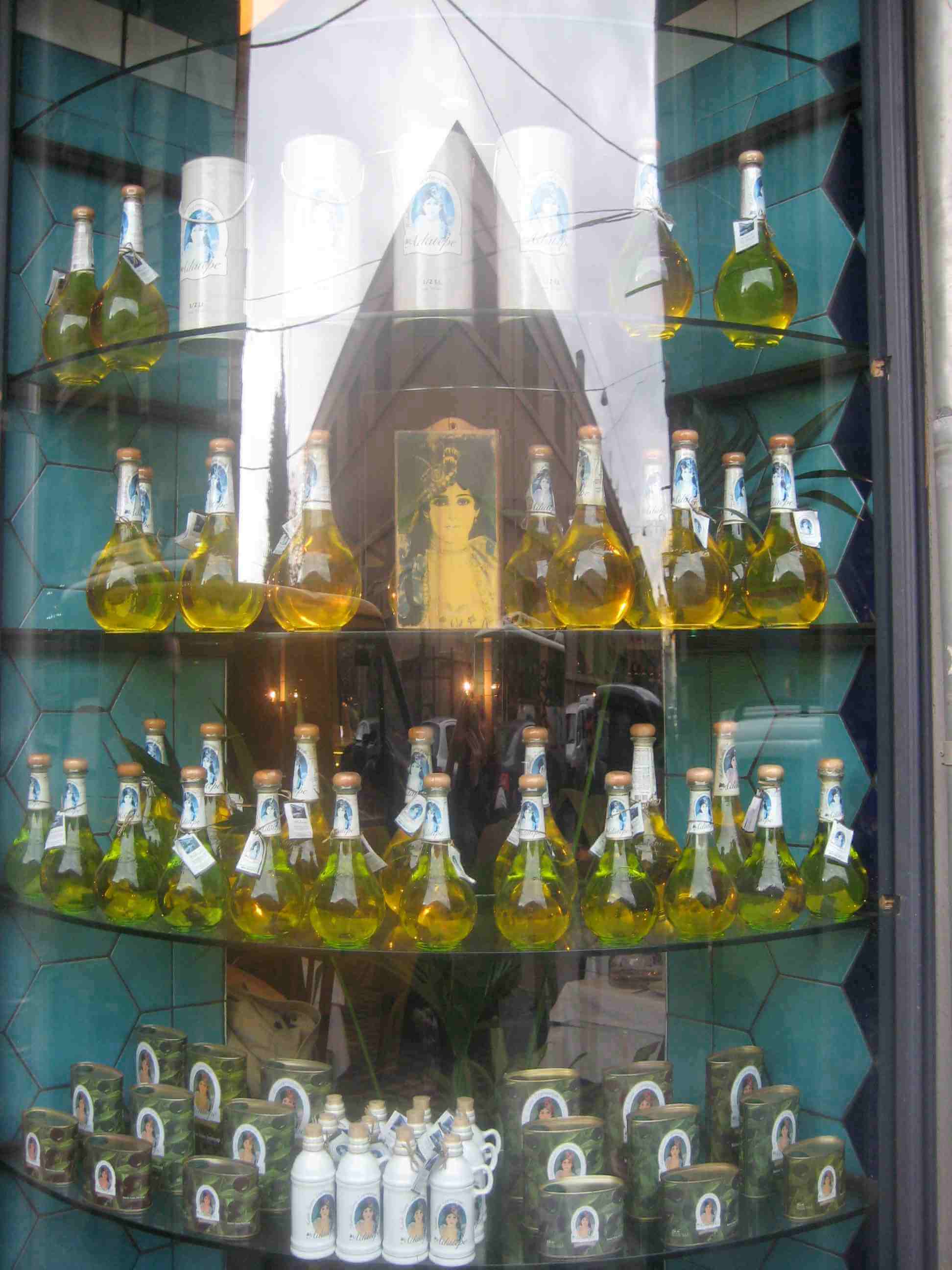 Supporters say that yes, there are a few problems with the case here and there, but this is to be expected, given the volume of evidence and the investigation’s enormous complexity. These anomalies, they say, should not be exaggerated and do not detract from its basic legitimacy.
Supporters say that yes, there are a few problems with the case here and there, but this is to be expected, given the volume of evidence and the investigation’s enormous complexity. These anomalies, they say, should not be exaggerated and do not detract from its basic legitimacy.
My view? If it is as important as they say to put these people behind bars, the prosecutors should damned well take more care with their evidence. Allowing the case to rest upon documents that are clearly forgeries cannot possibly lead to what supporters of the investigation say it will–the triumph of the rule of law in Turkey, a sustainable national consensus about these events, and a verdict widely accepted as legitimate. It can only lead to more division, suspicion and paranoia–the last thing, the very last thing, that a bitterly divided Turkey needs.
I’m certainly willing to believe that some of the accused are guilty–perhaps not as charged, but guilty of something. There is plenty of guilt to go around in Turkey. But when brazen forgeries are entered into the evidence, it lends massive credence to the suspicion that the entire case is politically motivated. If any part of it is true, this is all the more reason to be angered that this has happened: It severely undermines faith in any part of the case that might be valid. Supporters of the investigation should be just as angry about this as detractors.
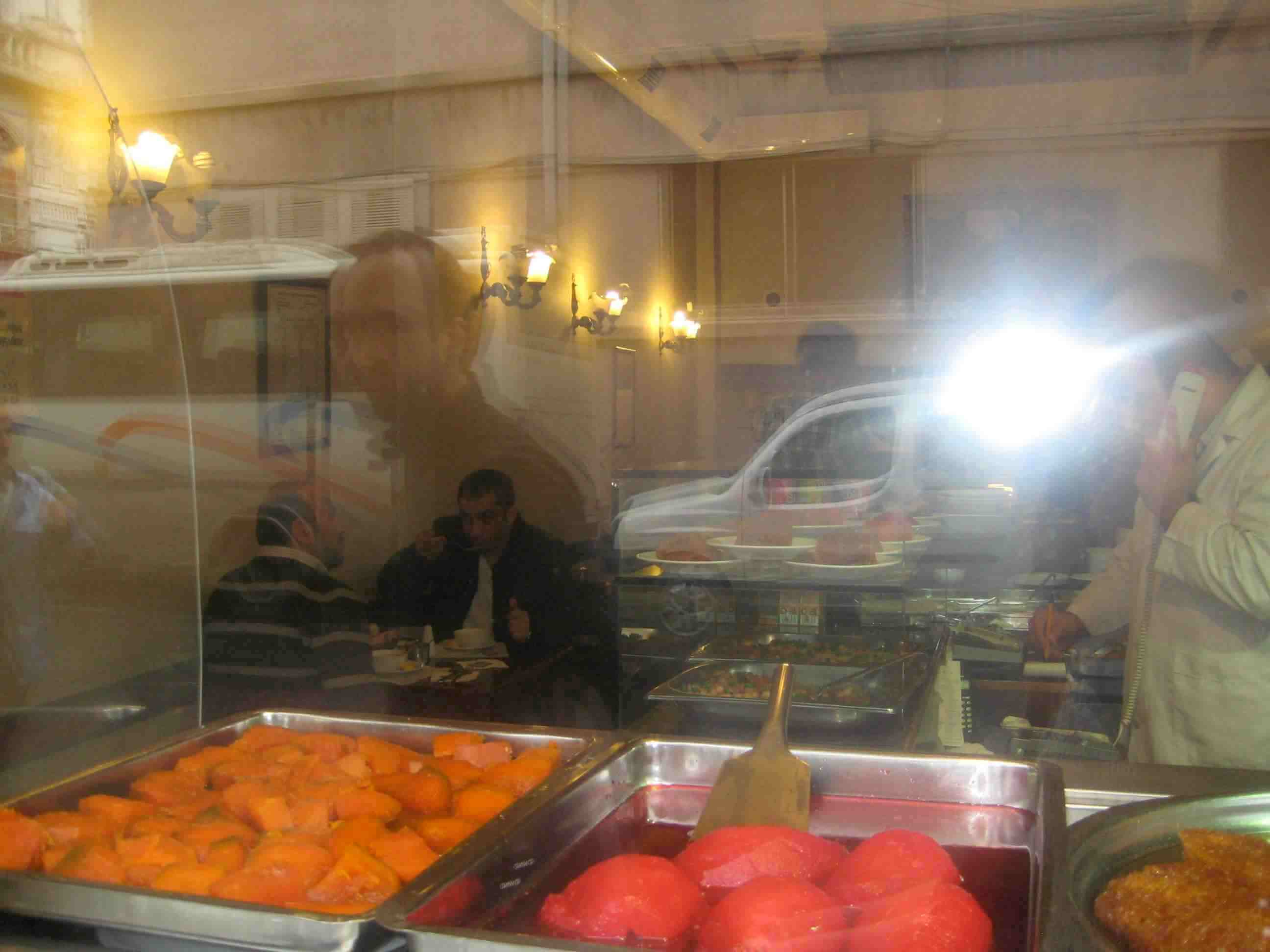 This week, Turkish President Abdullah Gül reassured the press that the most recent Ergenekon charges shouldn’t alarm anyone:
This week, Turkish President Abdullah Gül reassured the press that the most recent Ergenekon charges shouldn’t alarm anyone:
The suspension of three senior military officers by two government ministers for alleged involvement in the Sledgehammer coup case should not be exaggerated, President Abdullah Gül said Thursday.
“The ministers took a step within the framework of the law. There is no need to exaggerate the issue,” Gül told reporters before his departure for Switzerland.
How can such an assertion have enough credibility under these circumstances to put detractors’ doubts to rest?
Published in General



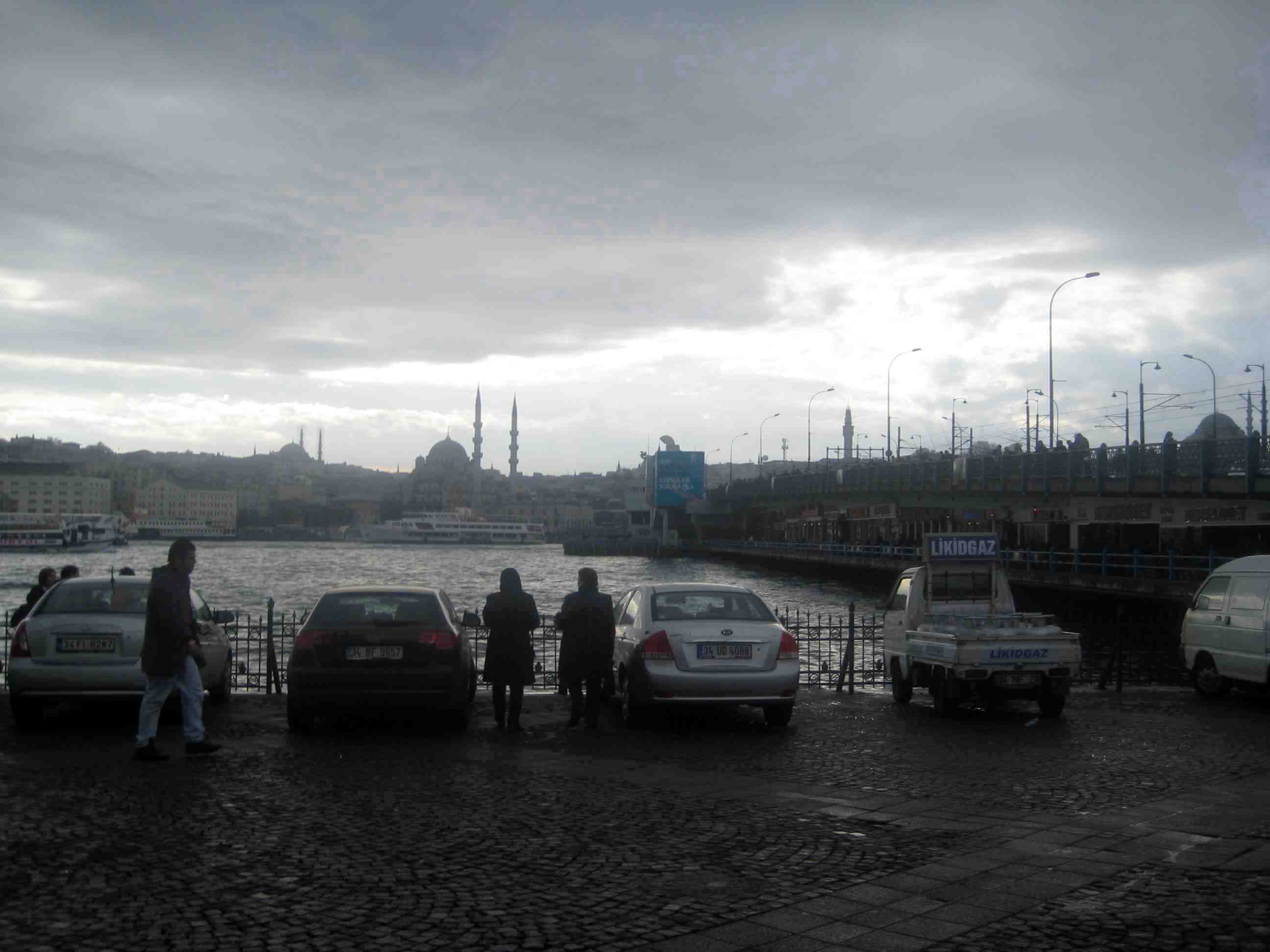

Maybe a lifetime of up close and personal observation of politics and the criminal justice system here in Chicago has left me inured to corruption.
I know this is going to sound terribly glib and cavalier, but if I don’t ask the question I’m not going to find out the answer: “Why is this important to anyone outside of Turkey?”
So take us to school Ms. Berlinski. Inquiring minds want to know.
It’s not glib, Nick. Perfectly valid question. One reason it’s important is because Turkey is of critical strategic importance to the West, as I argue here. The United States’ has an enormous commitment to this region. Turkey is one of the most significant actors in it. This case tells you a great deal about whether Turkey is moving forward or backward.
Keeping the Byzantine in Byzantium.
Apparently, these matters are important enough for the Foreign Policy magazine to publish an extremely badly researched and rather inaccurate piece called “The Historical Blindness of Turkey’s Detractors” by Aliza Marcus, whom for whatever reason, I perceive to be delusional about Turkey. Having done a critique of the piece, I am truly curious as to why FP would jeopardize its credibility by publishing such a misinformed article.